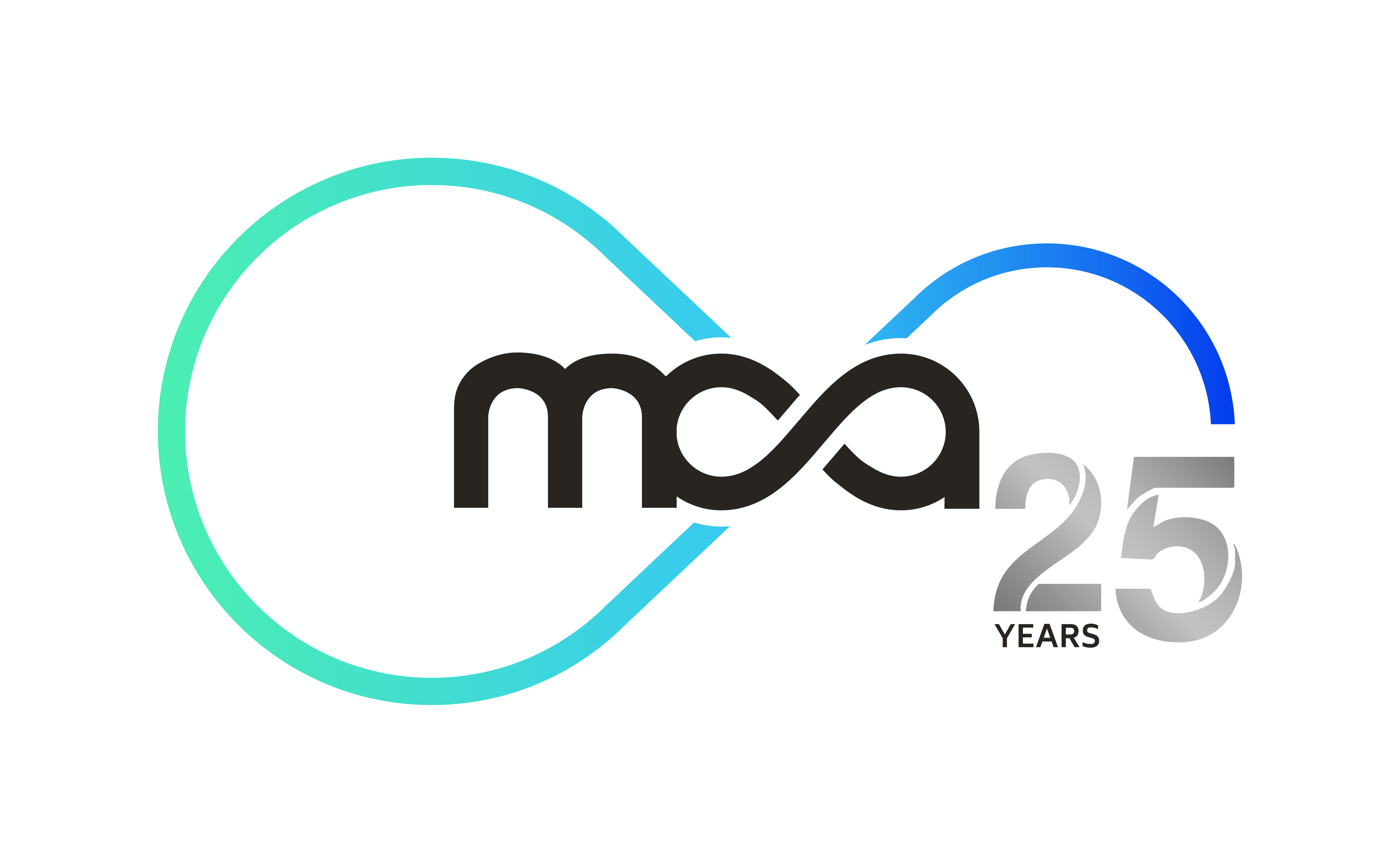Launch of a new online dictionary of Maltese
During a press conference held this morning, the Malta Communications Authority (MCA), together with the Vodafone Foundation, the Institute of Linguistics at the University of Malta and the National Council for the Maltese Language, officially launched a new online dictionary of Maltese.
In recognition of the lack of digital resources supporting the Maltese language, Dr Edward Woods, Chairman at the MCA stated that the Authority instantly saw the potential of bringing such a varied group of stakeholders together. ‘In this era of globalisation, it is increasingly important for us to undertake every measure available to sustain our national identity, our culture, our language’, said Dr Woods. ‘The development of resources, in particular digital tools, such as this dictionary, will facilitate the use of the Maltese language, not only in Malta but also for those communities of Maltese speaking individuals living overseas,’ he continued.
In recognition of the lack of digital resources supporting the Maltese language, Dr Edward Woods, Chairman at the MCA stated that the Authority instantly saw the potential of bringing such a varied group of stakeholders together. ‘In this era of globalisation, it is increasingly important for us to undertake every measure available to sustain our national identity, our culture, our language’, said Dr Woods. ‘The development of resources, in particular digital tools, such as this dictionary, will facilitate the use of the Maltese language, not only in Malta but also for those communities of Maltese speaking individuals living overseas,’ he continued.
This dictionary is a constant work-in-progress. The intention is to keep on updating this resource based on user feedback. The public is therefore strongly encouraged to make use of in-built feedback facilities to suggest new additions or other updates.
Substantially funded by the Vodafone Foundation ‘Mobile for Good’ campaign, with the support of Infusion, this dictionary has been developed to act as a multi-layered resource, which makes it an essential tool for all types of users, from the young student, to the professional or more advanced scholar. The dictionary currently offers users the possibility of searching for Maltese words and their corresponding English definitions, as well as providing grammatical information such as a word’s part of speech and its root. More advanced features include the display of related entries, their phonetic transcriptions, as well as a word’s inflectional forms, such as the various forms for different genders, the plural or, in the case of verbs, the perfective and imperfective. The aim is to continue to develop this dictionary in line with current trends and user expectations. The fact that it is online makes it far easier and more cost effective to keep it updated. The interactive nature of the tool allows users to suggest modifications and/or the inclusion of other entries.
The dictionary is available at www.maltesedictionary.org.mt and also a freely downloadable app available on Android devices.
The dictionary contents were initially compiled opportunistically, by bringing together various online sources and using academic research conducted by various linguists and independent researchers, to group related entries together and identify their grammatical information. The initiative was first undertaken by Mr John J. Camilleri as part of his M.Sc. dissertation, which also included an automatic wordform generation component. The results formed part of the University of Malta’s Maltese Language Resource Server. The current project, led by Dr Albert Gatt, in collaboration with the ICT sub-committee of the National Council for the Maltese Language, made substantial developments and improvements to these resources. The team also included Ms Maria Theresa Abdilla and Mr John Paul Grima, both postgraduate students at the University of Malta. Commenting on this new online resource, University Rector Prof. Juanito Camilleri said that it was a pleasure to see that the University of Malta was driving such developments. “This tool will become indispensible for anyone using the Maltese language, whether they are in Malta or are members of the substantial commuity of first and second-generation users of Maltese living abroad. Such developments also ensure that the Maltese language thrives not only among its speakers, but also in the digital sphere.”
Talking about the ‘Mobile for Good’ Programme, Jason Pavia, Member of the Vodafone Foundation explained that this programme specifically aims at using mobile technology to deliver positive change within the community across a number of different areas. ‘Users now have full access, irrespective of technology, to a state-of-the-art online Maltese dictionary that will present our national language in all its richness to the whole community, as well as to anyone around the world who has an interest in our language,’ said Mr Pavia. ‘We believe that one of the most important features of the project is that this resource will be freely available to all – this accessibility is one of the most positive aspects of online projects such as this,’ he concluded.
Click here to download press release in Maltese
Substantially funded by the Vodafone Foundation ‘Mobile for Good’ campaign, with the support of Infusion, this dictionary has been developed to act as a multi-layered resource, which makes it an essential tool for all types of users, from the young student, to the professional or more advanced scholar. The dictionary currently offers users the possibility of searching for Maltese words and their corresponding English definitions, as well as providing grammatical information such as a word’s part of speech and its root. More advanced features include the display of related entries, their phonetic transcriptions, as well as a word’s inflectional forms, such as the various forms for different genders, the plural or, in the case of verbs, the perfective and imperfective. The aim is to continue to develop this dictionary in line with current trends and user expectations. The fact that it is online makes it far easier and more cost effective to keep it updated. The interactive nature of the tool allows users to suggest modifications and/or the inclusion of other entries.
The dictionary is available at www.maltesedictionary.org.mt and also a freely downloadable app available on Android devices.
The dictionary contents were initially compiled opportunistically, by bringing together various online sources and using academic research conducted by various linguists and independent researchers, to group related entries together and identify their grammatical information. The initiative was first undertaken by Mr John J. Camilleri as part of his M.Sc. dissertation, which also included an automatic wordform generation component. The results formed part of the University of Malta’s Maltese Language Resource Server. The current project, led by Dr Albert Gatt, in collaboration with the ICT sub-committee of the National Council for the Maltese Language, made substantial developments and improvements to these resources. The team also included Ms Maria Theresa Abdilla and Mr John Paul Grima, both postgraduate students at the University of Malta. Commenting on this new online resource, University Rector Prof. Juanito Camilleri said that it was a pleasure to see that the University of Malta was driving such developments. “This tool will become indispensible for anyone using the Maltese language, whether they are in Malta or are members of the substantial commuity of first and second-generation users of Maltese living abroad. Such developments also ensure that the Maltese language thrives not only among its speakers, but also in the digital sphere.”
Talking about the ‘Mobile for Good’ Programme, Jason Pavia, Member of the Vodafone Foundation explained that this programme specifically aims at using mobile technology to deliver positive change within the community across a number of different areas. ‘Users now have full access, irrespective of technology, to a state-of-the-art online Maltese dictionary that will present our national language in all its richness to the whole community, as well as to anyone around the world who has an interest in our language,’ said Mr Pavia. ‘We believe that one of the most important features of the project is that this resource will be freely available to all – this accessibility is one of the most positive aspects of online projects such as this,’ he concluded.
Click here to download press release in Maltese





